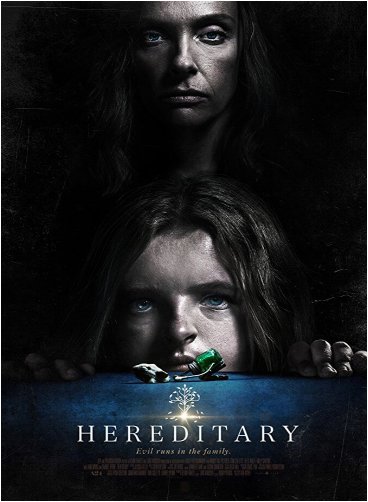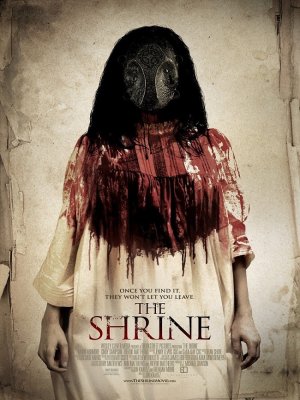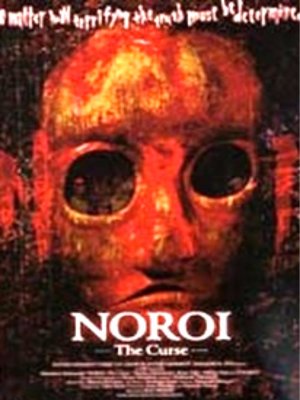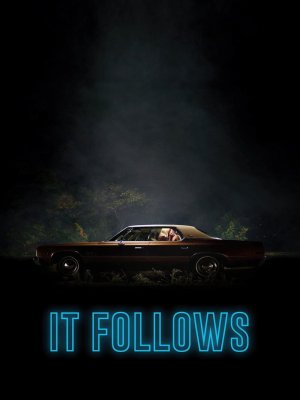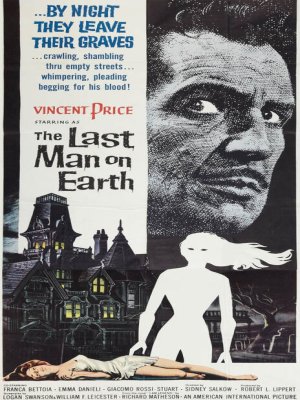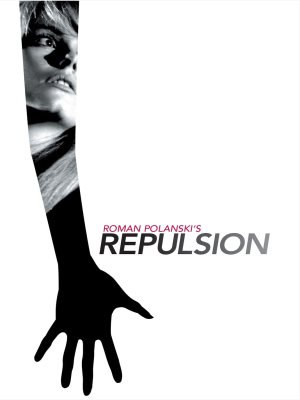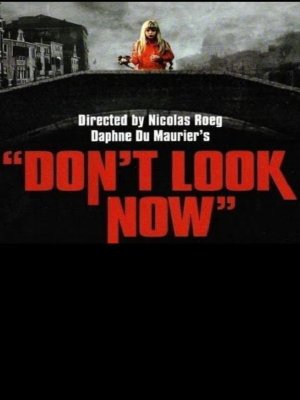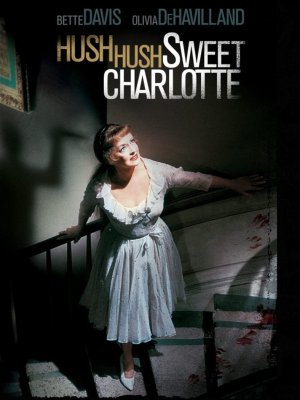Hereditary - Evil runs in the family
There is something worse than death to disturb the family balance, because some inheritances cannot be refused. And Annie doesn't know it yet.
“Hereditary” is a literally "homemade" horror. The physical home, as a place of family life and as creative microcosm of Annie, and the metaphysical home, as a dreamlike symbol of the stability or instability of the Ego, are inextricably intertwined in a game of Chinese boxes : a husband , a son, a daughter, and a miniaturist job she loves. But also a bulky mother: Ellen.
Annie has always been trying to fix her "home": and soon we realize that something, in addition to the ambivalent relationship between her and the now defunct Ellen, does not work. Starting from Charlie, an introverted and problematic daughter accustomed to sleeping in the cold, in a small tree house supported by four long trunks that bring to mind the legs of Baba Yaga’s abode. And starting from that "ordinarily perfect" domestic world that Annie has been trying to control in every way. But real life is not a diorama: and when an accident unintentionally caused by sixteen-year-old son Peter causes Charlie's early death too, Annie's impeccable self-control begins to crumble. And not only because of the difficult processing of a double mourning.
With slow rhythms and pulsating background sounds, Ari Aster skillfully introduces an unusual declination of the inheritance's theme: the occult one. He goes back to arcane symbologies, like the "Virgin - Mother - Crone" matrilinearity , reversing it unnaturally: exactly as one would do with magnetic tapes, here the sequence is capsized to connect it to Evil. Within this dark triad (obsessively underlined by triangular ritual geometries), Death intervenes as a mere change of state. The growing psycho-physical Annie’s alteration, emphasized by flashbacks and almost claustrophobic domestic shots, if at first confuses and anguishes the spectator (who does not distinguish between actions and projections), then presages the inescapable reconciliation of the woman with her dark side. In fact Ellen, actually a matriarch of a mysterious congregation, already planned (and organized) everything.
Toni Colette is the right face to express Annie's drama not only psychologically (not by chance placed in a trigenerational dimension), but also physiognomically: in her exaggerated expressiveness there is all the pain of surrender to a magical matriarchy from which it is not possible to emancipate. Now reduced to a nightmare's instrument that will not hesitate to claim victims until everything is finished, Annie - now a creeping figure, condensed with demonic impulses - will leave no escape to the real designated victim: Peter.
But the puzzle's re-composition is not entirely painless for spectators: first screwed around a subtly disturbing everyday life, the narrative becomes less and less convincing as we approach Annie's "mutation". In fact the progressive acceleration of the plot goes to the detriment of the psychological credibility of the other characters. Even the secret roles of the other beyond suspicion fellow citizens in the congregation, barely hinted at in the last few scenes of the film, can only leave us dumbfounded by the hallucinatory atmosphere with which, after a rather tiresome change of perspective from Annie to Peter, everything is represented. The end of the movie remains definitely wide open: a (final) style fall difficult to defend (unless a sequel has already been planned).


